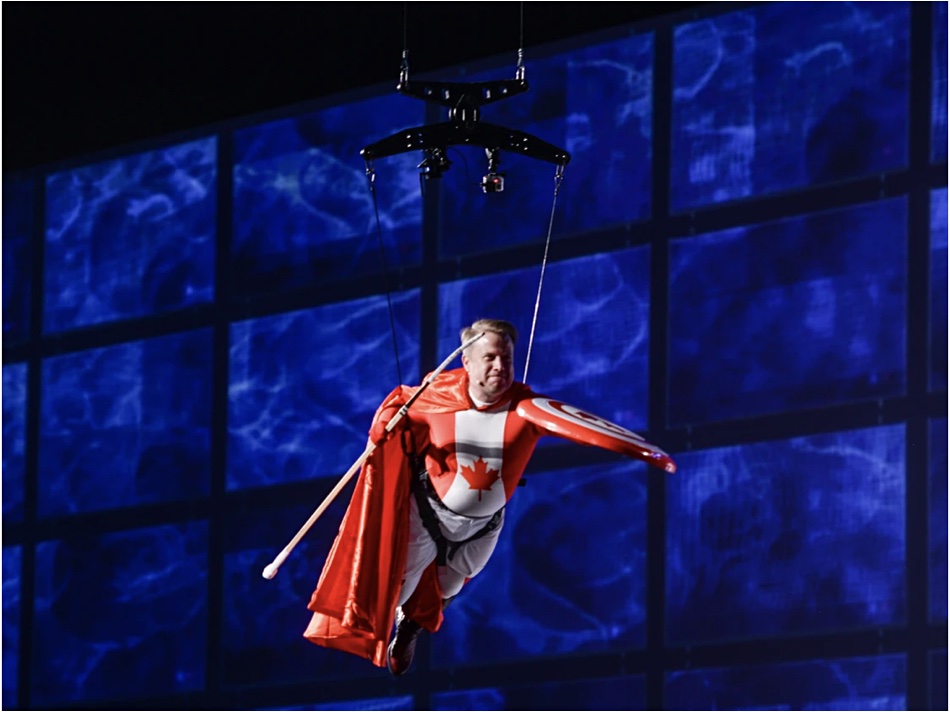Chad Sakac and fellow execs at Regatta are getting ready to discuss the OLTP and OLAP (Online Transaction Processing and Online Analytical Processing) database for developers that, we undertsand, is scheduled to be released later this year.
Also known as Captain Canada after a famous costumed zipline descent into an astounded 2017 Dell EMC World conference hall, Sakac previously served as Dell’s VP for VMware Tanzu in and among the many senior roles he held at the company. He left in March 2021 to take a sabbatical and by October that year he had moved to an unnamed start-up which was still locked in stealth mode.
That fledgling business was Regatta where Sakac became Vice President for Go To Market. The company was founded in 2019 by Boaz Palgi, CTO Erez Webman, and VP R&D Eran Borovik. The three have been involved in Topio (acquired by NetApp), Xtremio (acquired by EMC), Storwize (acquired by IBM), and ScaleIO (acquired by EMC).
There is some information available about its funding, with Pitchbook mentioning a 2020 a $12.5 million A-round and a 2022 $45.8 million B-round. There are some 50 engineers developing the product. OLTP is generally used for real-time processing of online transactions, with OLAP used for multi-dimensional, multi-dataset analysis. OLAP databases may get their data from OLTP databases via Extract, Transform and Load (ETL) procedures which can be complex and take time.

Regatta is ACID (Atomicity, Consistency, Isolation, Durability) compliant, meaning database operations are completed properly or do not complete at all, ensuring the database is in a consistent state. In other words, a bank’s OLTP database will ensure that money has either been paid out from your account or has not. There is no in-between state.
Regatta is pitched as being linearly scalable, running across a cluster of nodes either on-premises or in the public cloud, and analytic queries execute against up-to-date transactional data. OLAP queries do not interfere with OLTP operations. The database can, Regatta says, be dropped in as a Postgres replacement, having Object-Relational Mapping (ORM), Client Libraries, and ANSI SQL support. It is a high-availability product, we’re told, with auto-healing and geographical multi-site disaster recovery.

Sakac blogged about Regatta’s database in October last year, saying developers will like it because it won’t become complex and messy like some existing databases, urging them to try it out.
In a separate blog post, he wrote: “Regatta can store multiple types of data as well as perform transactional, analytical, and high-ingress workloads – and it can do them simultaneously. That eliminates the operational headaches of ETL, as well as the complexities of managing silos of data.”
Regatta is running a webcast on March 28 to introduce itself with Palgi, Webman, and Sakac speaking. We understand that Regatta will announce availability of its product later this year.








